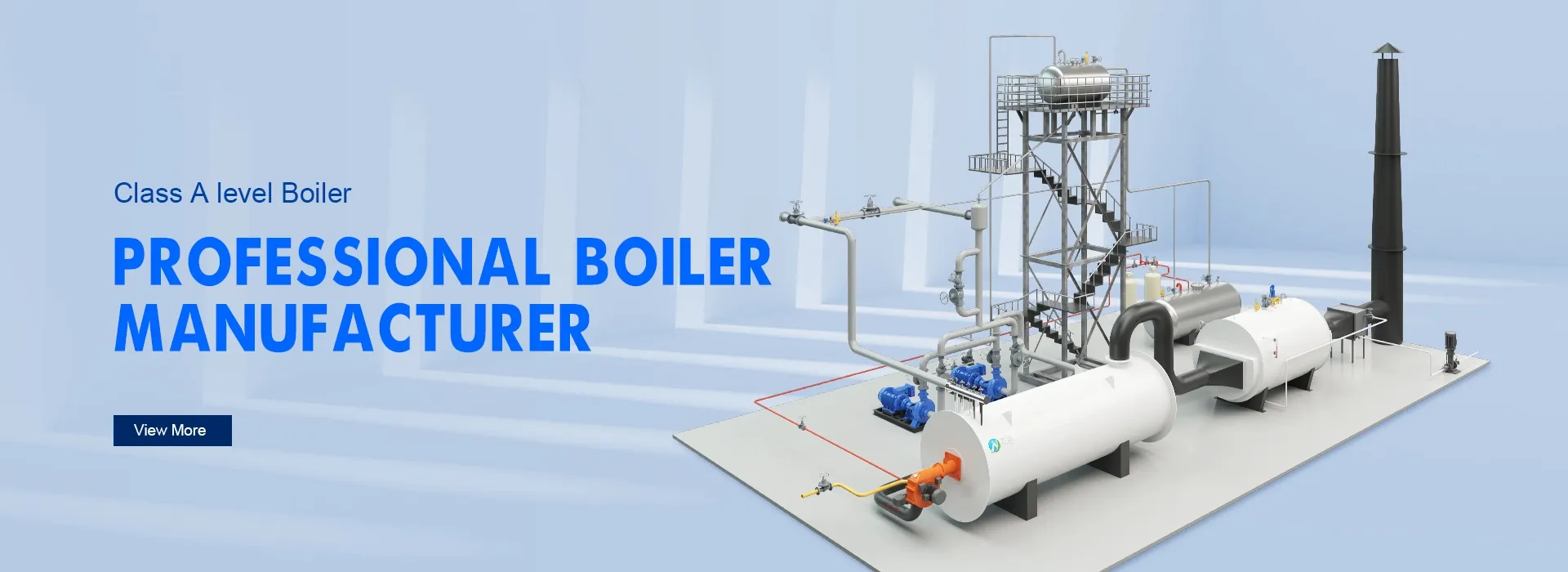Efficient and Eco-Friendly Oil Heaters | Warmth for Every Home
Understanding Oil Heaters An Efficient Heating Solution
As temperatures drop, the demand for effective heating solutions rises. Among various heating systems, oil heaters have become increasingly popular due to their efficiency and reliability. This article will explore what oil heaters are, how they work, their advantages, and some considerations for their use.
What is an Oil Heater?
An oil heater is a type of heating system that uses oil as a fuel source. It typically consists of a furnace or boiler that burns heating oil to produce heat, which is then distributed throughout a home or building. There are two primary types of oil heaters oil-fired furnaces and oil boilers. While furnaces heat air and distribute it through ducts, boilers heat water that can be circulated through radiators or in-floor heating systems.
How Do Oil Heaters Work?
The operation of an oil heater begins with the delivery of heating oil, usually stored in a tank on the property. When the thermostat signals a need for heat, the oil is pumped from the tank to the burner in the furnace or boiler. The burner ignites the oil, producing hot combustion gases. In furnaces, these gases flow directly to heat the air, while boilers use them to heat water. The warm air or water is then circulated through the home, providing a consistent and comfortable temperature.
Advantages of Oil Heaters
1. Efficiency Oil heaters are known for their high efficiency. They can produce more heat per unit of fuel compared to other systems, such as electric or gas heaters. This efficiency translates into lower energy costs, especially in colder regions where heating demands are high.
oil heater

2. Reliability Heating oil is available in abundant supply, creating a reliable heating solution. Unlike natural gas, which may be subject to supply chain disruptions, oil can be stored on-site, ensuring access even during adverse conditions.
3. Warmth Oil heaters provide a comfortable and steady heat output. The heat generated by oil is consistent, reducing the chances of cold spots in a room, making it an attractive choice for maintaining a warm environment.
4. Versatility Oil heating systems can be used for both space heating and water heating, making them suitable for various applications, from residential homes to commercial buildings.
Considerations for Oil Heaters
While oil heaters offer several benefits, potential users should consider a few factors before installation. Firstly, the initial investment cost can be higher than other types of heating systems. Additionally, regular maintenance is essential to ensure efficiency and safety, which can add to long-term expenses. Homeowners also need to account for the logistics of oil delivery and storage.
Furthermore, environmental concerns surrounding oil usage should not be overlooked. While modern oil heaters are designed to be more environmentally friendly than older models, fossil fuel combustion still contributes to greenhouse gas emissions. Exploring alternative heating solutions, such as solar or electric systems, may be worthwhile depending on individual circumstances and priorities.
Conclusion
Overall, oil heaters present an efficient and dependable heating option for many households and businesses. With their ability to provide consistent warmth paired with the convenience of on-site fuel storage, they remain a popular choice, particularly in colder climates. By weighing the advantages against the considerations, property owners can determine if an oil heater is the right fit for their heating needs.
-
Top Electric Steam Boiler Manufacturers - High Efficiency SolutionsNewsJul.30,2025
-
Top Electric Steam Boiler Manufacturers – Efficient Industrial SolutionsNewsJul.29,2025
-
Top Electric Steam Boiler Manufacturers | Reliable Industrial SolutionsNewsJul.29,2025
-
OEM Steam Boiler Solutions for Custom Needs | High Efficiency & VersatilityNewsJul.29,2025
-
High-Efficiency Thermal Oil Boiler for Industrial Heating SolutionsNewsJul.29,2025
-
Top Electric Steam Boiler Manufacturers for Industrial EfficiencyNewsJul.28,2025

